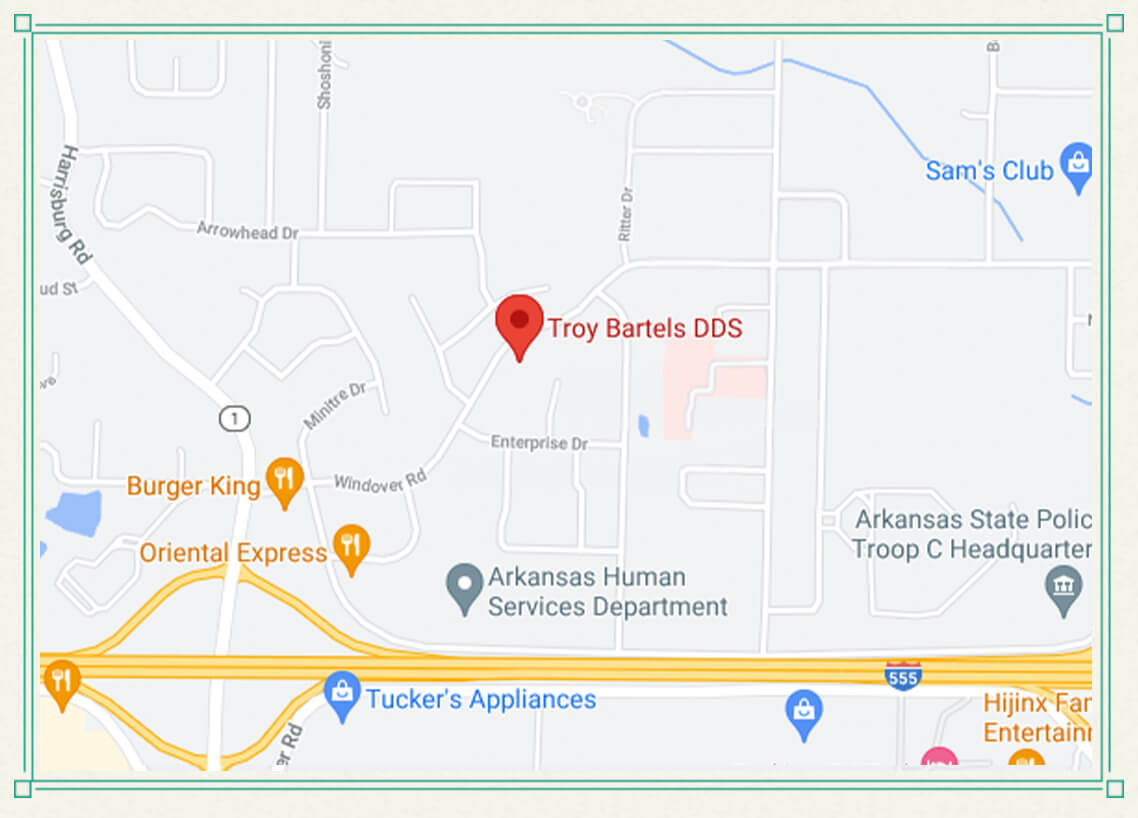 If you have persistent bad breath, your ultimate goal is probably to get rid of it as soon as possible, right? Our team at Troy Bartels, DDS is here to help! Here, we’ll explain what halitosis is, what causes it, and how to beat it.
If you have persistent bad breath, your ultimate goal is probably to get rid of it as soon as possible, right? Our team at Troy Bartels, DDS is here to help! Here, we’ll explain what halitosis is, what causes it, and how to beat it.
What Is Halitosis?
Also known as chronic bad breath, halitosis is not a problem you can solve with mints or mouthwash. It is unlike the temporary morning breath that you wake up with or even the strong smell that lingers after a garlic-filled dinner. Halitosis stays around for a long time and is often a sign that you’re suffering from an even bigger health issue.What Causes Halitosis?
There are a number of different things that could be the cause of your halitosis, from oral health issues to lifestyle habits to an underlying medical condition:- Gum Disease & Tooth Decay
- Dry Mouth
- Infection
- Tobacco
Do you have gums that bleed easily, feel tender, look excessively red, or have receded? Do you have teeth that are sensitive to pressure, cold, or hot? You might be suffering from gum disease or tooth decay. These dental issues mean bad bacteria is accumulating in the nooks and crannies of your teeth and gumline. Untreated gum disease leads to painful pockets around the gums, which invites the growth of even more foul-smelling bacteria. And tooth decay can spread and lead to cavities and infection.
Another common cause of halitosis is dry mouth. Dry mouth is a condition in which your mouth doesn’t produce enough saliva. Saliva is important for your oral health because it helps wash away leftover food particles from your mouth. As it coats your teeth, it also helps remineralize and rebuild the crystalline structure of your tooth enamel with calcium, phosphate, and fluoride.
Certain medical issues such as mouth, nose, and throat infections can lead to halitosis because of postnasal drip as bacteria feed on the mucus.
Not only do the chemicals in cigarettes and tobacco products leave a bad odor on your breath, but they have adverse effects on your oral health too. Smoking and using tobacco can cause dry mouth and gum disease, two conditions that contribute to halitosis.
How Can You Beat Halitosis?
The best way to banish halitosis is to practice exceptional oral health habits daily. The following tips will help you reduce the buildup of bacteria:
- Brush your teeth twice a day for two minutes each time using a fluoride toothpaste.
- Floss your teeth at least once a day.
- Be sure to scrape and brush your tongue every time you brush your teeth!
- At least occasionally, rinse your mouth with an alcohol-free antibacterial mouthwash.
- Eat a balanced and nutritious diet low in sugar and refined carbohydrates.
- Consume a healthy amount of fibrous fresh fruits and vegetables.
- Instead of acidic sodas and sugary sports drinks, regularly drink water.
- Chew sugar-free gum to help freshen your breath and stimulate your salivary flow.
- If you struggle with dry mouth, ask us about mouth rinses specially-formulated to reduce your discomfort. Additionally, limit your consumption of alcohol, as it has a drying effect on your mouth.
- If you are a tobacco user, kick the habit as soon as possible to improve both your oral health and overall health.

